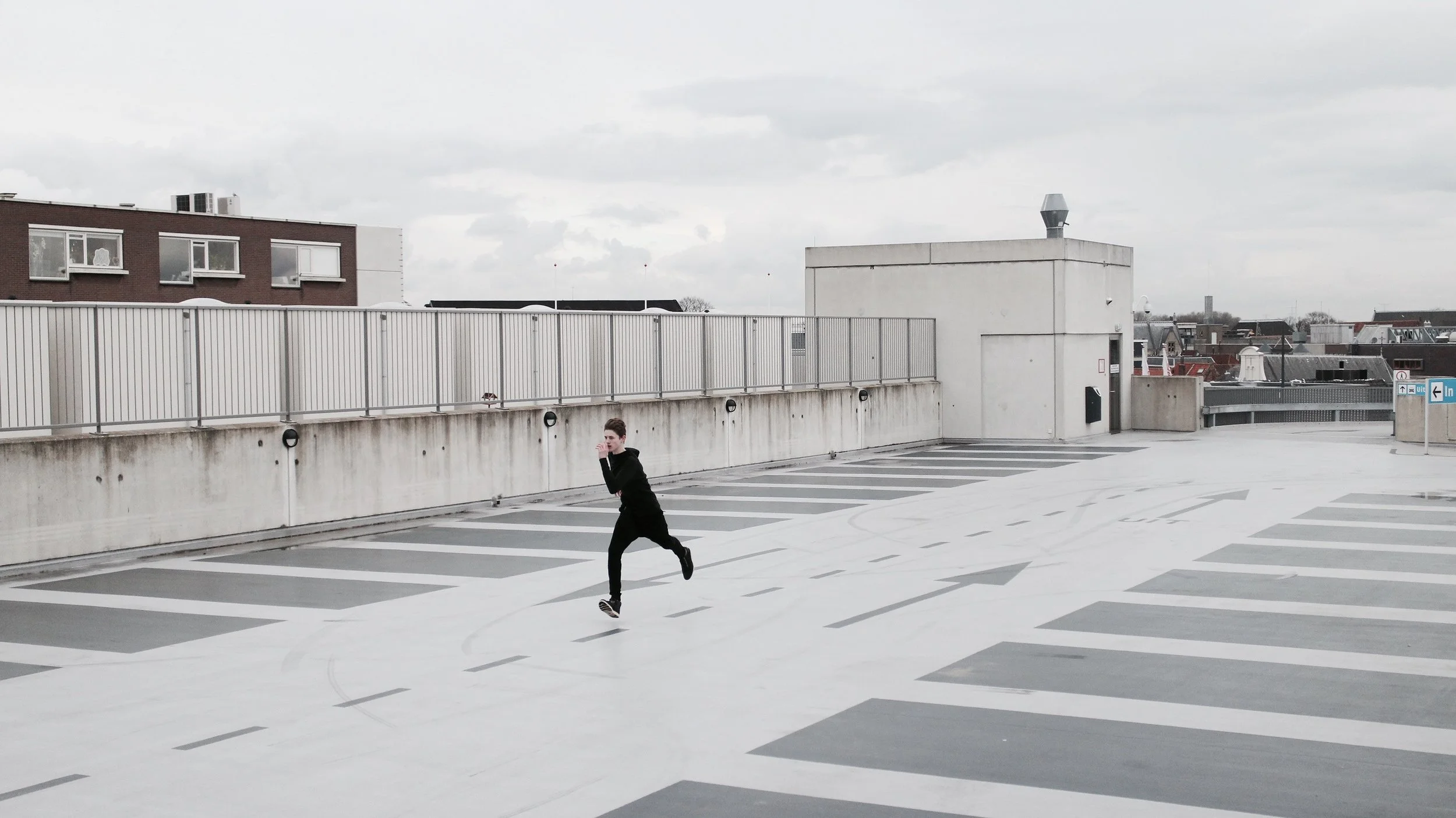"An eye for an eye" doesn't normally smack of grace,
but it would have been exceedingly merciful
compared to the revenge exacted by Dinah's brothers:
an entire community destroyed
because one person was brutally assaulted.
Some wonder
why they didn't choose
a different response—
something non-violent,
something conciliatory.
I wonder why they had to choose at all.
What was Jacob doing in Shechem?
He promised Esau a rendezvous in Seir;
instead, he traveled in the opposite direction.
He promised God an altar and a tithe at Bethel;
instead, he built that altar in a heathen place.
It's so easy to only ask
What If
when the Big Tragedy hits.
But
What if Jacob had kept his word?
What if he'd taken his family in the opposite direction?
What if he hadn't built his house in a dangerous and foreign land?
What if Genesis 34 tragedies
are always preceded by
Genesis 33 choices?
It's easy to say
Dinah shouldn't have been raped
or
Dinah's brothers shouldn't have retaliated
but I say
Dinah shouldn't have been there in the first place.






